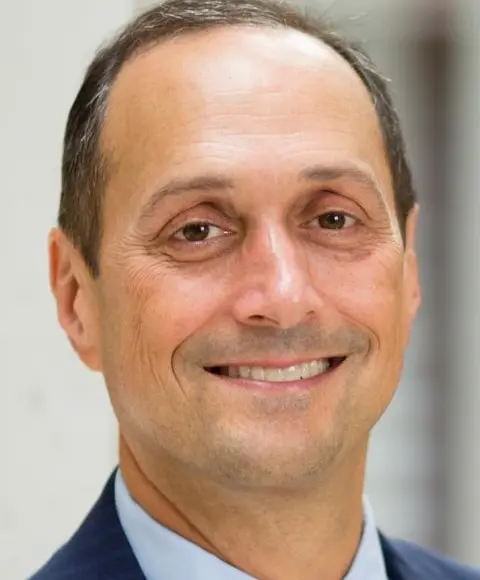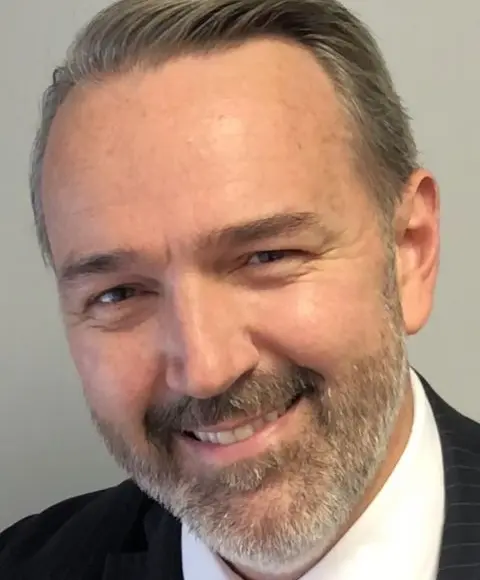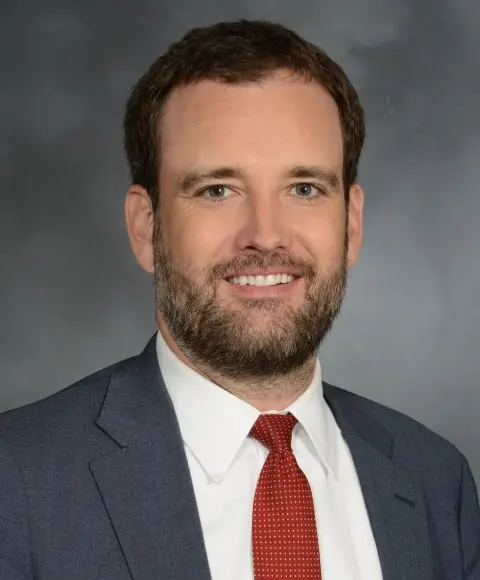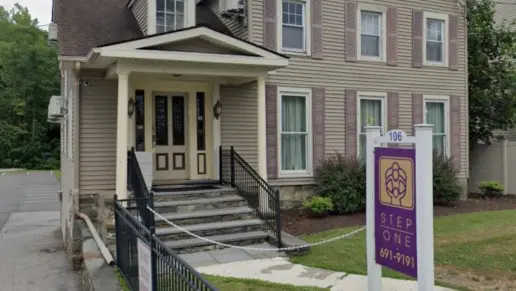They are a good place if you're struggling with a mental problem. They have great doctors who care enough to help you get better. I had a nice experience here. Thank you Weill Cornell.
About Weill Cornell Medicine Psychiatry Specialty Center – Lower Manhattan
Weill Cornell Medicine Psychiatry Center is a facility located in New York, New York. This facility provides a multitude of services available to children, adolescents and adults who are struggling with mental health conditions and co-occurring disorders. They offer outpatient services and provide flexibility by offering care digitally.
Reaching out and seeking extra support and guidance can be overwhelming and uncomfortable. This facility offers a variety of services to help assist you or a loved one begin the healing journey. They provide assessments to be completed to better assist you and come up with a treatment plan most beneficial to you. They offer parent training, family counseling, couples counseling and neuropsychological and educational testing.
Their parent training courses provide extra support to parents who are currently struggling with children who are dealing with disruptive behaviors. This benefits children who are struggling with ADHD and anxiety disorders. They offer coping skills. Holistic therapies, and creative ways to problem solve and better understand your child.
Family and couple counseling is available here as well. This provides an opportunity for the family unit to strengthen their bond as well as heal together. It also provides a safe space for everyone to express themselves and develop stronger communication skills.
Their neurological and psychological assessments help them better understand and assist individuals seeking treatment by being given information and a space to talk and discuss challenges being faced. They assist with developing individualized educational and 504 plans.
Latest Reviews
Rehab Score
Other Forms of Payment
Self-pay involves paying for treatment out of your own pocket. You can use savings or credit, get a personal loan, or receive help from family and friends to fund your treatment. If you don't have insurance or your insurance plan doesn't cover a specific program, self-pay can help ensure you still get the care you need.
Addiction Treatments
Levels of Care
 Outpatient
Outpatient
Treatments
Mental health rehabs focus on helping individuals recover from mental illnesses like bipolar disorder, clinical depression, anxiety disorders, schizophrenia, and more. Mental health professionals at these facilities are trained to understand and treat mental health issues, both in individual and group settings.
Programs

Adult Program

Young Adult Program
Clinical Services
Cognitive Behavioral Therapy (CBT) is a therapy modality that focuses on the relationship between one's thoughts, feelings, and behaviors. It is used to establish and allow for healthy responses to thoughts and feelings (instead of unhealthy responses, like using drugs or alcohol). CBT has been proven effective for recovering addicts of all kinds, and is used to strengthen a patient's own self-awareness and ability to self-regulate. CBT allows individuals to monitor their own emotional state, become more adept at communicating with others, and manage stress without needing to engage in substance abuse.
Whether a marriage or other committed relationship, an intimate partnership is one of the most important aspects of a person's life. Drug and alcohol addiction affects both members of a couple in deep and meaningful ways, as does rehab and recovery. Couples therapy and other couples-focused treatment programs are significant parts of exploring triggers of addiction, as well as learning how to build healthy patterns to support ongoing sobriety.
Eating disorders in children and adolescents can be caused by a variety of factors and can present in many different ways. As a result, these conditions are often not diagnosed or treated until they have progressed to the point of significant impairment of a young person’s life. Despite the frequency with which eating disorders may be overlooked, their incidence is in fact quite high. Often, treatment of eating disorders in children and adolescents includes participation of parents and it is important for a clinician to coach caregivers in how best to address problematic behaviors, in addition to targeting any underlying disorders present in your child. Their team provides evidence-based approaches in family-based treatment as part of the overall multi-disciplinary treatment plan for eating disorders, which often includes working with a team of practitioners, such as psychologists and social workers, as a supplement to the care provided by our medical staff.
Research clearly demonstrates that recovery is far more successful and sustainable when loved ones like family members participate in rehab and substance abuse treatment. Genetic factors may be at play when it comes to drug and alcohol addiction, as well as mental health issues. Family dynamics often play a critical role in addiction triggers, and if properly educated, family members can be a strong source of support when it comes to rehabilitation.
Group therapy is any therapeutic work that happens in a group (not one-on-one). There are a number of different group therapy modalities, including support groups, experiential therapy, psycho-education, and more. Group therapy involves treatment as well as processing interaction between group members.
In individual therapy, a patient meets one-on-one with a trained psychologist or counselor. Therapy is a pivotal part of effective substance abuse treatment, as it often covers root causes of addiction, including challenges faced by the patient in their social, family, and work/school life. Their program provides evidence-based treatments that include cognitive behavioral therapy (CBT), exposure with response prevention (ERP), behavioral therapy for tic disorders (CBIT), interpersonal psychotherapy (IPT), mindfulness-based therapies and psychodynamic approaches. Psychotherapy can be provided once or twice weekly and when appropriate more intensively several days a week. Psychotherapy may be recommended alone or in conjunction with a medication regimen. The type and duration of psychotherapy for each patient is based on their assessment and diagnosis.
Amenities
-
Private Setting
Staff

Robert Min, M.D., M.B.A.
President & CEO

Adam R. Stracher, M.D.
Chief Medical Officer

Thomas W. Stokes
VP for Finance/CFO

Chris Kager
Senior Director, Clinical Finance
Contact Information
315 E 62nd St
5th floor
New York, NY 10065


